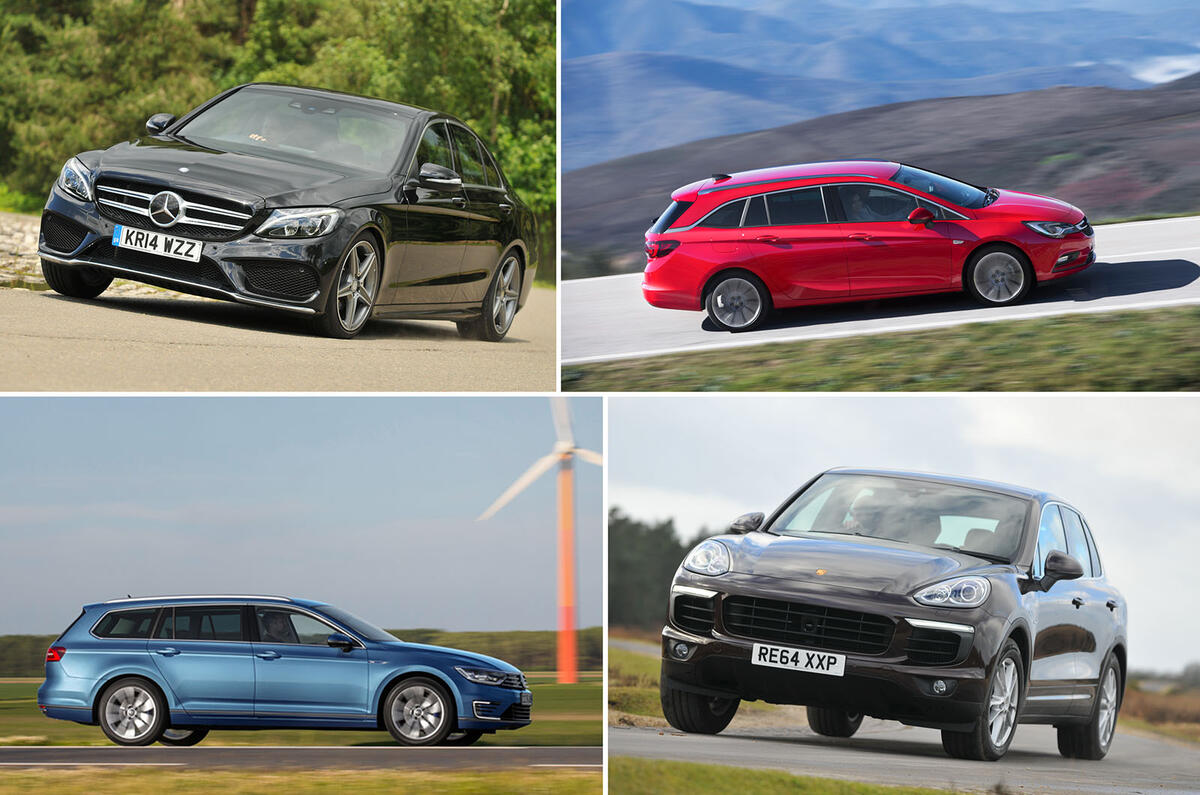Mercedes-Benz has become the latest manufacturer to offer voluntary recalls for cars in the UK, following a German government investigation in response to the ongoing emissions scandal.
No more details have been given surrounding how the voluntary recall will be carried out or the number of cars involved, but the affected vehicles are expected to be some diesel-powered Mercedes-Benz A-Class, Mercedes-Benz B-Class and Mercedes-Benz V-Class models, after the investigation found irregularities in their - and many other manufacturers' - emissions systems.
Yesterday, Suzuki announced it would offer a similar voluntary recall, with some of the car maker's Fiat-engined models falling short of emissions requirements during the same investigation. Suzuki emphasised that the only models in its range to be affected use engines supplied by Fiat, and that the service action it is offering to rectify them is entirely voluntary.
The German investigation found that Audi, Mercedes, Opel, Porsche and Volkswagen failed to meet expectations, with all five voluntarily recalling more than 630,000 diesel-powered vehicles in their home market - but several other car makers were also named in the investigation. Audi and Vauxhall/Opel were the first to confirm that they will make the voluntary updates on every affected car in Europe.
During real-world testing, German government investigators discovered what they deemed excessive NOx emissions levels, chiefly as a result of emissions reductions systems only working at certain temperature levels.
The full list of cars deemed by the German government to have excessive emissions is: Alfa Romeo Giulietta 2.0; Audi A6 V6 3.0; Chevrolet Cruze 2.0; Dacia Sandero 1.5; Fiat Ducato 3.0; Hyundai ix35 2.0; Hyundai i20 1.1; Jaguar XE 2.0; Jeep Cherokee 2.0; Land Rover Range Rover 3.0; Mercedes-Benz V250 Bluetec 2.0; Nissan Navara 2.5; Opel Insignia 2.0; Opel Zafira 1.6; Porsche Macan 3.0 V6; Renault Kadjar 1.5; Renault Kadjar 1.6; Suzuki Vitara 1.6; Volkswagen Amarok 2.0 and Volkswagen Crafter 2.0.
The announcement follows on from the UK government’s similar investigation, which was presented yesterday, finding levels of NOx emissions were up to six times the prescribed legal limit in lab tests. However, the Department for Transport did not immediately back up its findings by calling for a voluntary recall.
However, following the German government's action, Secretary of State for Transport Patrick McLoughlin said: “I am pleased to hear today’s announcement from Germany that Mercedes, Opel, Volkswagen, Audi and Porsche are able to offer consumers changes to their cars which will reduce emissions. I will be seeking urgent clarification from these manufacturers that they will be offering the same fix to car owners in the UK.”





Join the debate
Add your comment
Dieselgate. How will the upgrade affect reliability
Dieselgate. How will the upgrade affect reliability
Voluntary recall